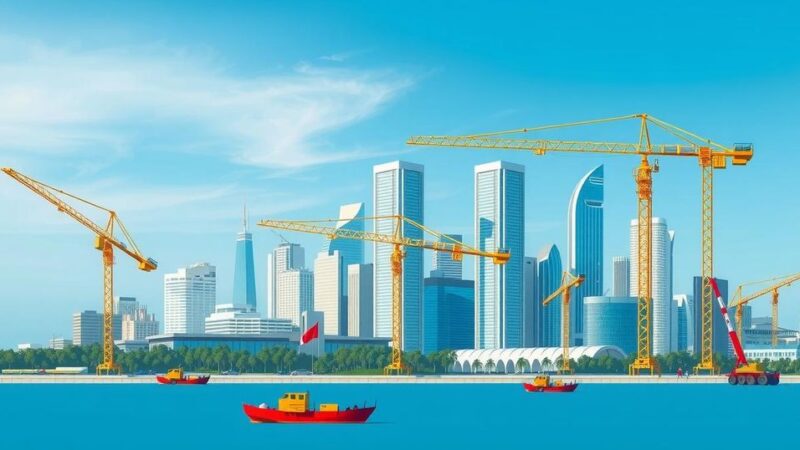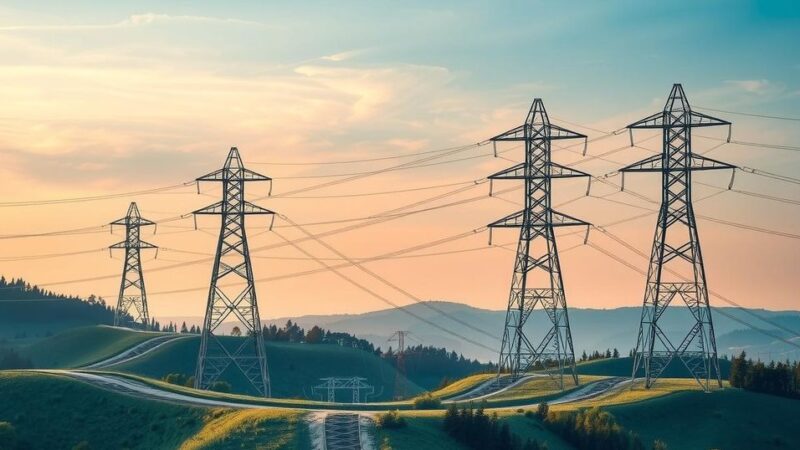Tanzania and Burundi are constructing a 282-kilometer railroad with Chinese support to transport nickel and other metals to Dar es Salaam’s port. This project will improve trade and infrastructure, reinforcing the region’s export capacities and responding to the growing demand for battery manufacturing resources.
With the assistance of Chinese investment, Tanzania and Burundi are collaborating on the construction of a 282-kilometer railroad intended to facilitate the transport of essential metals, including nickel, to the port of Dar es Salaam. The agreement, which involves two Chinese firms, aims to enhance the region’s infrastructure and boost export capabilities. Nickel, a critical component in battery manufacturing, underscores the significance of this project in meeting global energy demands.
The development of railway infrastructure in East Africa is crucial for enhancing trade dynamics. The agreement between Tanzania and Burundi highlights the growing influence of Chinese investment in African infrastructure projects. By facilitating easier access to transportation routes, this railroad will not only serve the mining sector but will also promote economic growth and connectivity between the two nations. The focus on transporting nickel reflects emerging market demands, particularly in the renewable energy sector, where battery production is rapidly increasing.
In conclusion, the establishment of the export railroad line between Burundi and Tanzania represents a significant stride toward infrastructural development in East Africa. Facilitated by Chinese investment, this initiative aims to streamline the transport of nickel and bolster trade relations. As global demand for battery materials surges, this project will play a pivotal role in supporting economic growth and enhancing the region’s export capabilities.
Original Source: table.media






